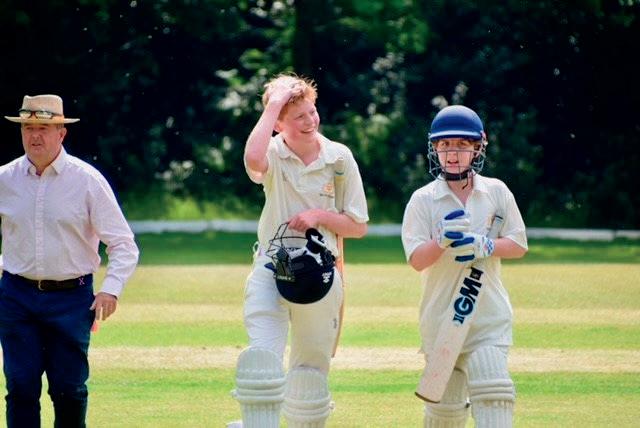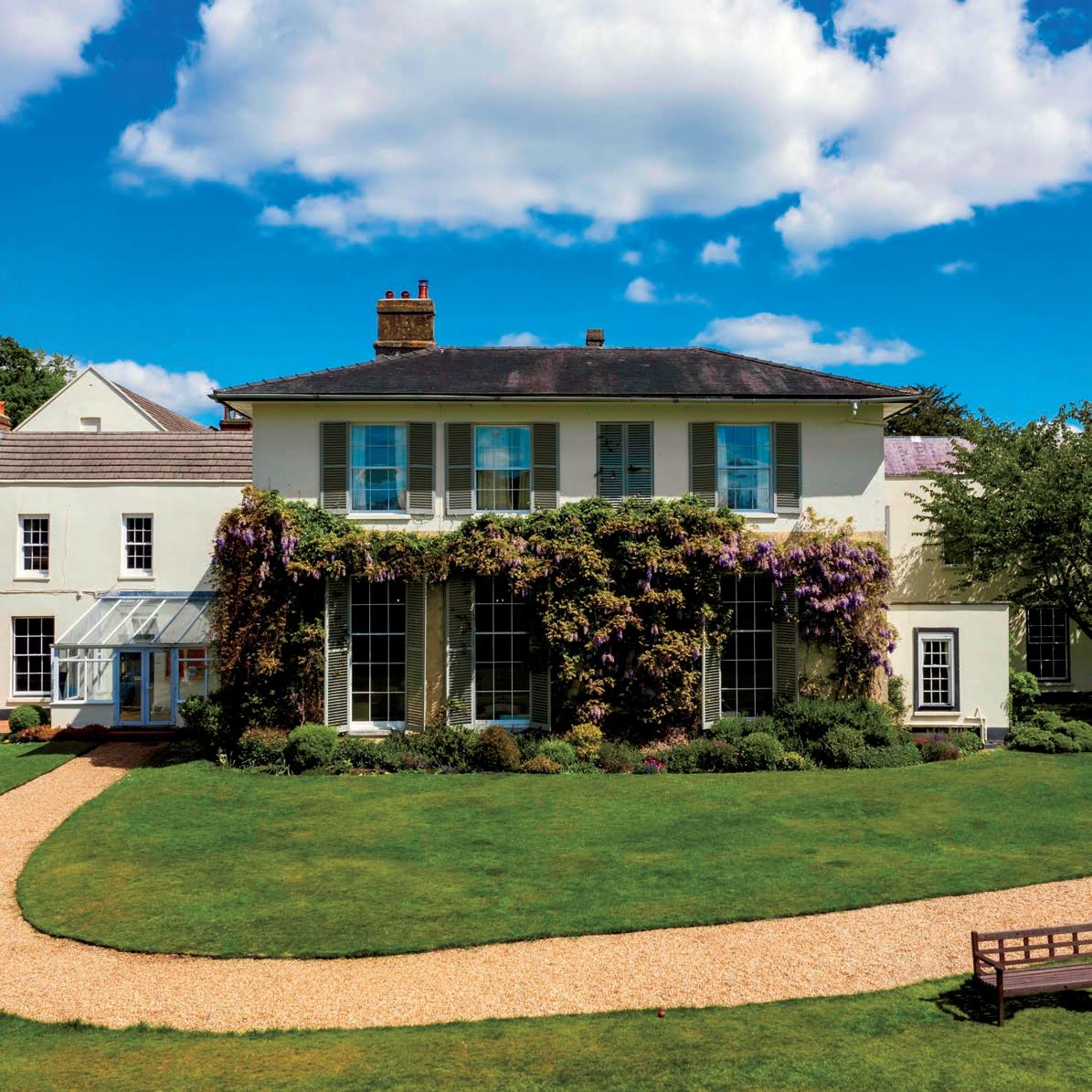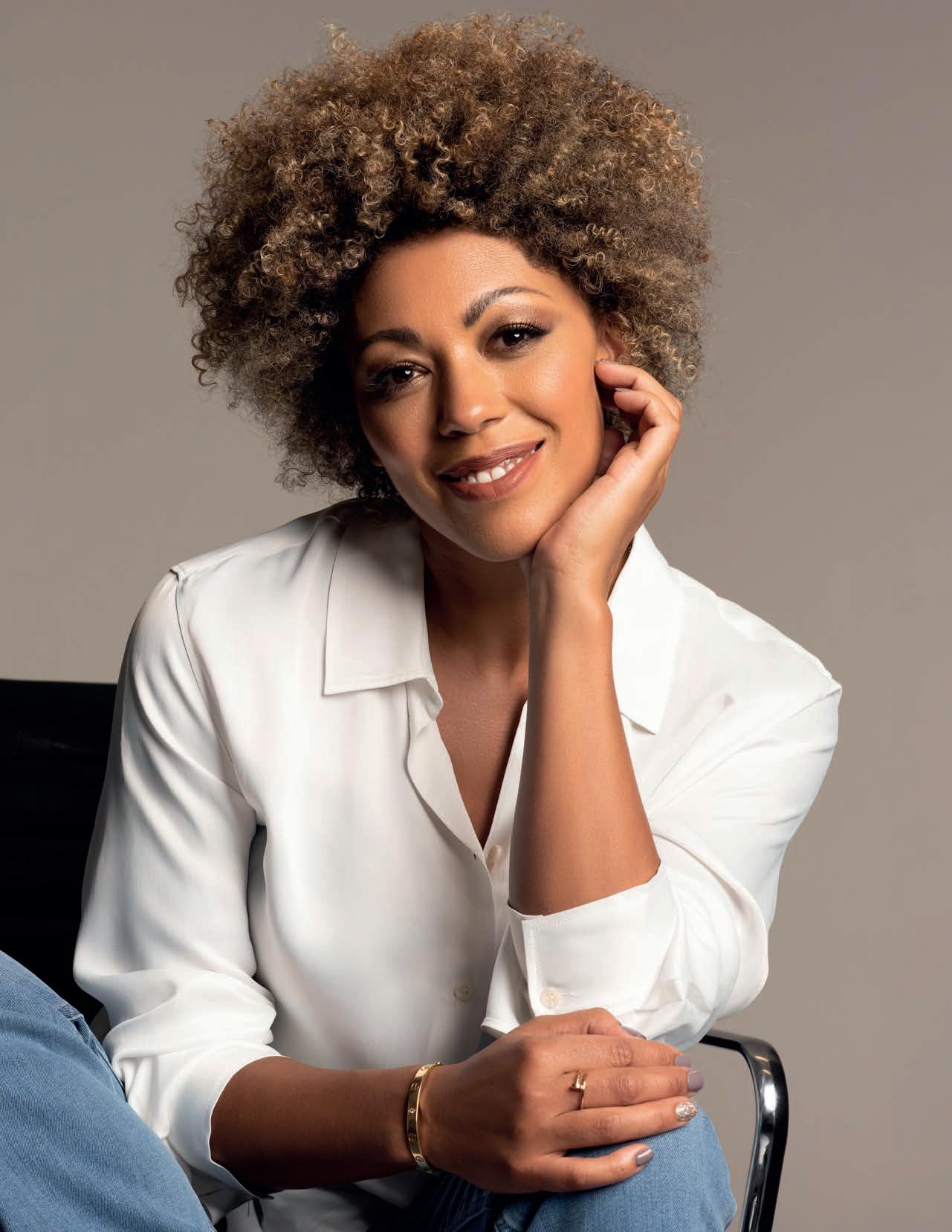
3 minute read
GUIDE girl
Nobody ever said growing up was easy, but these days it can be particularly tough – especially for girls. That’s where Dr Zoe Williams came in, with a desire to create a new guide for the 9+ age group – not just focusing on the physical changes of puberty, but the social and emotional pressures of 21st life. You Grow Girl! The Complete No Worries Guide to Growing Up is the result.
Zoe Williams is a well-placed voice of authority, a London GP, with day-to-day experience of the issues young people encounter. She is also a familiar and trusted medic on our screens, including slots on BBC and ITV shows. Her schedule includes roles with the Royal College of General Practitioners and British Society of Lifestyle Medicine. Oh, and she’s a former rugby player (Blaydon Women’s RFC) and appeared as ‘Amazon’ on Sky 1’s Gladiators. By anyone’s lights – but especially if you’re a girl growing up – that last bit adds up to pretty cool.
She is clear about the challenges girls face today – and they go way beyond the physical changes that make puberty such a confusing time. “It was really important to me to make sure we included topics that young people are not only interested in but should be aware of,” she says. The book gives all the sound advice you’d hope for (looking after your body and healthy eating), but also covers o everything from building body confidence to being empowered to speak up when something doesn’t seem right.
Williams thinks that the information children are exposed to in real time makes trusted sources and sound guidance more important than ever. “If I think about myself, I had limited access to information.
I could ask my parents, my teachers, find a book or magazine or ask my friends. Whereas now young people can find information on anything online. And they may get good sources of information, or they find information that is incorrect or misleading or dangerous,” she says.
She believes young people today are more attuned to the society in which they are growing up. “I think when we were young, we didn’t feel war and global issues were any of our business, whereas young people do now – and rightly so. They are not just feeling the weight of their personal experience of growing up on their shoulders.”
While You Grow Girl! focuses mostly on supporting children through their own individual journey, it also provides inspiring case studies and guidance to reflect these bigger-picture concerns. These include topical issues such as poverty (food insecurity and period poverty). Williams felt it was important for the book to acknowledge and support people with the most challenging lives.
“People who are experiencing poverty benefit, but actually poverty a ects all of us, so the more aware we are the kinder and more supportive we can be as a society.”
The book provides thought-provoking, analysis around bullying. “It’s not just about the person being bullied or the bully, we all have the responsibility and an ability to support both the bully and the person doing the bullying. It’s important, at a deeper level, for young people to feel, empowered and to know they have the permission to speak out and do the right thing.”
Sex, mental health and consent are all covered in a sensitive and age-appropriate way, but also with that ‘dip in’ tips and pointers approach that is so useful in helping young people absorb information without feeling overwhelmed. Williams is also excellent on inspiring case studies, including drawing on her own recollections as she was growing up. She gives a great account of how she learned to improve her own body confidence on Gladiators and o ers advice on adopting a gladiator name and stance in testing situations. “All evidence based,” she says. “Your body language in, say, an interview or a situation where you don’t feel that confident can make a huge di erence to how you come across.”
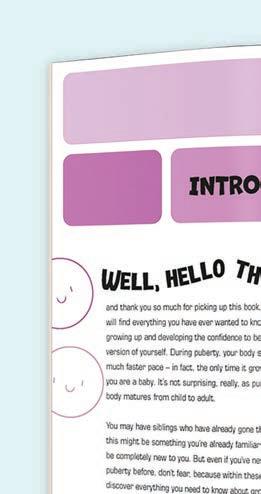
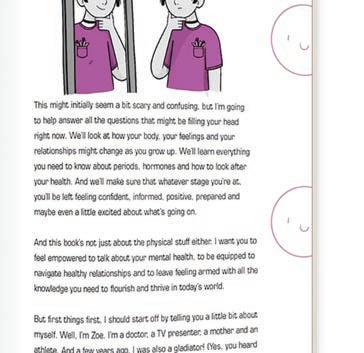
Body confidence is a major issue for girls as they grow, and she delivers insights about this by talking about her own teenage insecurities and her game-changing moment – in the communal showers after her first competitive rugby game. She had prepared for anything, bringing along a bikini. Then everyone just stripped o and got in the shower. “And there was this sudden realisation that nobody cared what I looked like,” she says. “Everyone is di erent, there is no normal. I wish I could go back and tell my younger self that, and that’s why I’m telling the young people reading my book.”
She thinks that, as adults, we have a duty to approach the whole business of dispensing advice to young people with care, and also due respect for their intelligence.
“We have to give young people credit for the knowledge they already have,” she says. On areas such as consent and sexual identity, she suggests young people are often more aware than we realise, arguably a bit more savvy on some things than we adults.
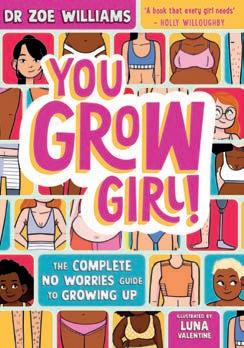
“As a parent, teacher or grown up, it’s about saying: ‘you know what, you might know more than me on this. I’ll share what I know, and I’d really appreciate it if you’d share what you know, and then maybe we’ll both end up with more knowledge and be empowered’. What a wonderful thing to do, rather than the parent, the teacher or the doctor always being the educator and the young person always being the recipient of knowledge.”
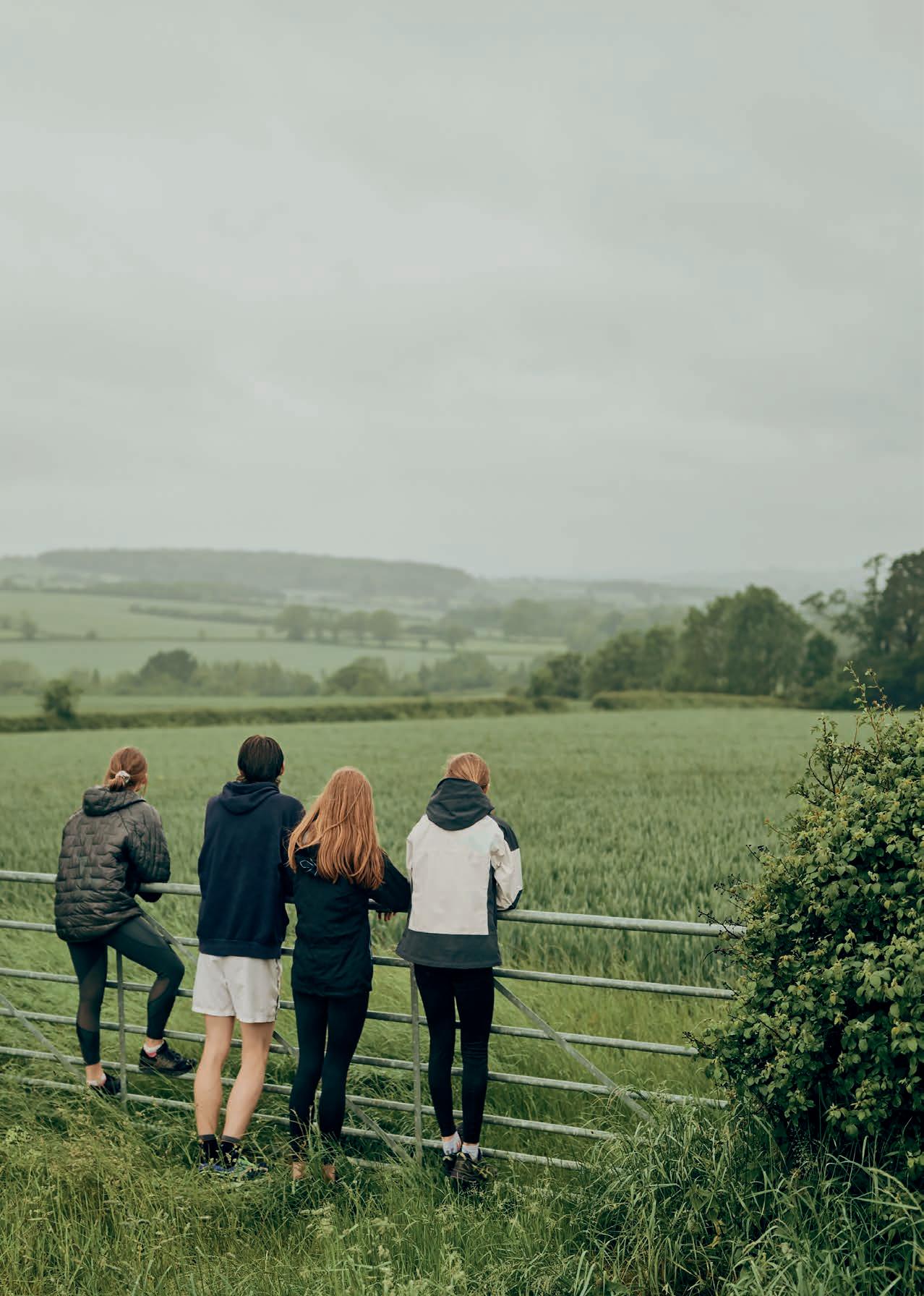
Average10-12boysperclass
100%successtochosensenior school
All'homework'doneatschool
Sporteveryday
Flexibleboarding
TwoLondonbusservices
OPENMORNING:Friday,23rdJune2023
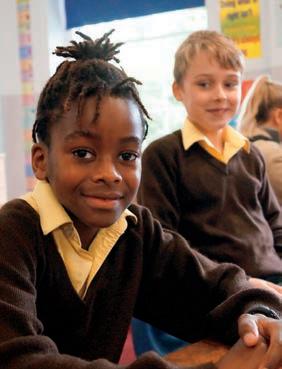
TobookaprivatetouroraplaceononeofourOpenMornings, pleasecontactourRegistrar,CharlotteBrehaut: www.woodcotehouseschool.co.uk/open-morning-events/
T:01276472115E:admissions@woodcotehouseschool.co.uk
